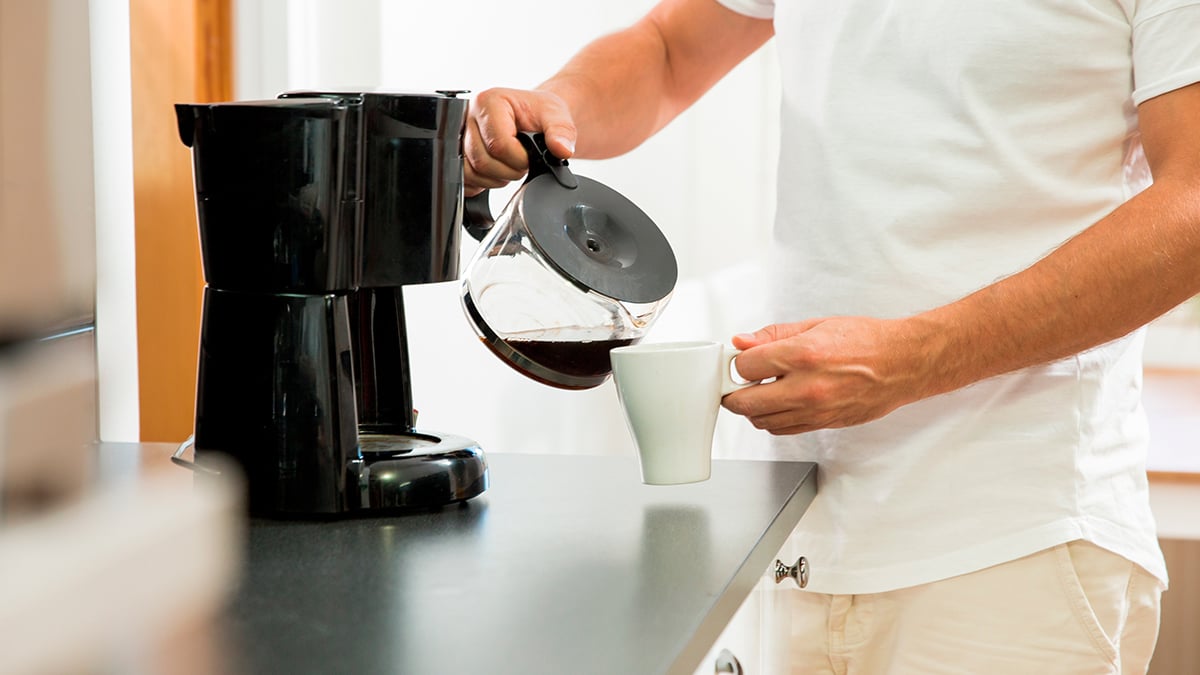
For many, coffee is a beloved morning ritual, fueling the day ahead. But what if the time you drink it could influence how long — and how well — you live?
New research published Jan. 8 in the European Heart Journal suggests that when you enjoy your cup of Joe might be just as important as how much you drink.
The study shows consuming coffee only in the morning was linked to a 16% lower risk of premature death and a 31% reduced risk of dying from cardiovascular disease compared to non-coffee drinkers.
“This is the first study testing coffee drinking timing patterns and health outcomes,” lead study author Dr. Lu Qi, a professor of public health at Tulane University, said in a news release.
“We don’t typically give advice about timing in our dietary guidance, but perhaps we should be thinking about this in the future.”
Researchers analyzed data from over 40,000 adults aged 18 and up using dietary records collected between 1999 and 2018. Coffee consumption was divided into three timeframes: morning (from 4 a.m. to 11:59 a.m.), afternoon (from 12 p.m. to 4:59 p.m.), and evening (from 5 p.m. to 3:59 a.m.)
Results show that those who drank coffee exclusively in the morning benefited the most in terms of longevity and heart health.
Meanwhile, folks who drank coffee throughout the day saw no significant reduction in risk.
The findings held true regardless of whether participants drank caffeinated or de-caffeinated coffee, and the amount consumed — whether they drank less than one cup or more than three — didn’t impact the benefits.
So, why does timing matter?
Experts agree that the timing of coffee intake may influence your circadian rhythm and hormone levels. Drinking coffee later in the day, even if we feel like we need it, may disrupt melatonin production, a hormone that regulates sleep and influences heart health.
According to study authors, some inflammatory markers in the blood have their own clocks. And the anti-inflammatory effects of coffee may be more effective when consumed in the morning, when these markers peak.
However, the study was observational and cannot prove causation, noted Vanessa King, a registered dietitian nutritionist and spokesperson for the Academy of Nutrition and Dietetics who wasn’t involved in the study, told CNN.
More information
The NIH has more on the impact of coffee consumption on heart health.
SOURCE: European Heart Journal, study, Jan. 8; CNN
Source: HealthDay
Copyright © 2026 HealthDay. All rights reserved.

Leave a Reply